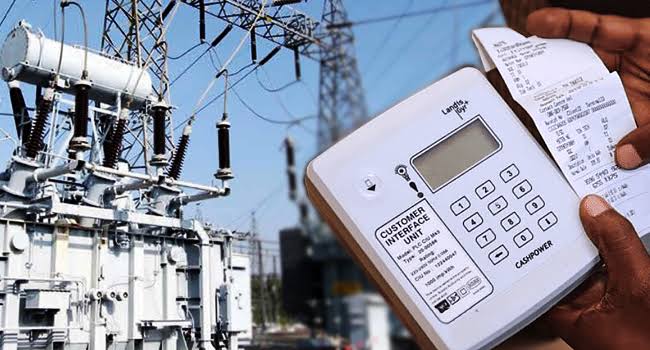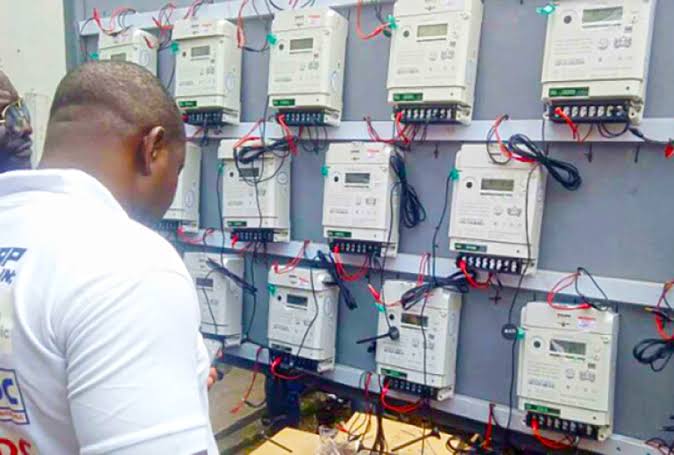Physical Address
60 Ekwema Cres, Layout 460281, Imo
Physical Address
60 Ekwema Cres, Layout 460281, Imo

Manufacturers adapt to tariff increase as Nigeria battles rising energy costs and economic challenges.
The 240% electricity tariff increase by the Nigerian Electricity Regulatory Commission (NERC) has been met with strong opposition from manufacturers and Labour Unions.
With energy consuming up to 40% of operational cost, manufacturers are under pressure to increase power supply to cushion the effect of the increase.
The tariff increase which took effect from April 3, 2024 has sparked fears of increased production cost and inflation.
Manufacturers say without sufficient electricity supply the increase will send many businesses to the rocks and worsen Nigeria’s economic challenges.

The Manufacturers Association of Nigeria (MAN) has kicked against the decision, saying it was made without consulting stakeholders including manufacturers themselves.
Labour Unions including the Nigeria Labour Congress (NLC) have described the tariff increase as insensitive given the current economic situation where disposable income is low.
They say the government’s move will not only harm manufacturers but also burden ordinary Nigerians who are already grappling with high prices of goods.
NLC has vowed to resist the tariff increase, calling for reversal and more engagement with civil society.
In response to the tariff increase, manufacturers are looking for ways to adapt by investing in alternative power sources.
This includes using generators and renewable energy solutions to ensure steady power supply.
Improving power infrastructure is key as many manufacturers rely heavily on electricity for their production process.
Read Next: Nigeria to Provide Solar Subsidy for Unserved Areas via World Bank Approved Loan
The government says the tariff increase is necessary to remove subsidies for high-end electricity consumers and stabilize the power sector.
They say the adjustment will save about N1.5 trillion annually which they claim will be used to improve service delivery and metering across the country.
As manufacturers adapt to the tariff increase, the search for sustainable solutions to the energy crisis continues.
The ongoing conversation between manufacturers, labour unions and government will be key to addressing the energy cost challenges and survival of businesses in Nigeria’s economic terrain.
Was this information useful? Drop a nice comment below. You can also check out other useful contents by following us on X/Twitter @siliconafritech, Instagram @Siliconafricatech, or Facebook @SiliconAfrica.